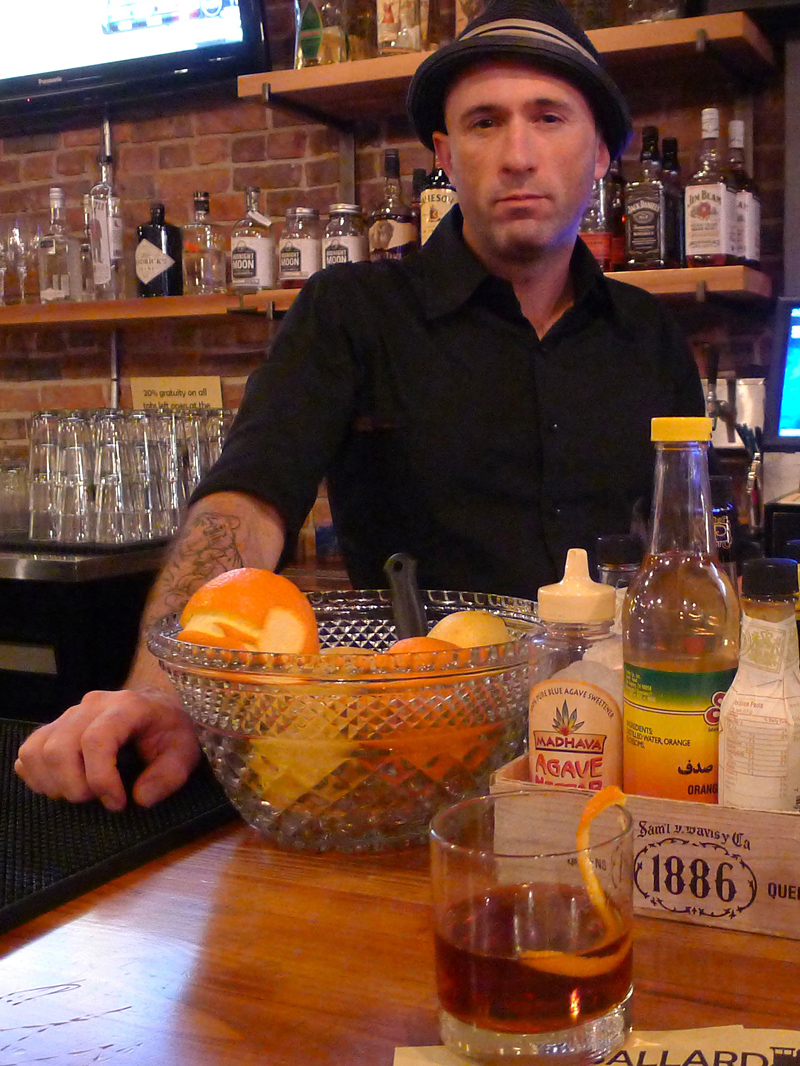Image SourceIf you salivate at the mere mention of the word salmon, then yesterday’s news about the virus discovered recently by scientists in wild sockeye salmon in Canada probably got your gut rumbling, and not in a good way. The New York Times and dozens of other news outlets reported that a “lethal and highly contagious marine virus” could have a “a devastating impact” on the region’s farmed and wild salmon, and that the disease has already wiped out 70 percent of the farm-raised salmon in other countries. But experts–including the scientist who led the study that uncovered the virus in Canadian salmon–say fish-loving consumers really have “nothing” to fear.The wave of concern was prompted by a press conference Monday at Simon Fraser University in Vancouver, British Columbia. It was there that researchers announced that they had detected the Infectious Salmon Anemia (ISA) virus for the first time in wild salmon in the Pacific Northwest.ISA really is bad news for salmon. In Chile, Scotland, and Norway, among other places, the aquaculture industry has been decimated by outbreaks of the disease. Symptoms include telltale lesions on the fish, and eventually death. Millions of farmed salmon were killed during outbreaks in 2006 and 2007, and fish farms and processing plants were forced to close. Humans are immune to the virus, but it can also infect herring, a staple for other animals up the food chain. There is no vaccine or treatment.Dr. Fred Kibenge, a professor of virology at Atlantic Veterinary College–Prince Edward Island, says the recent ISA testing was conducted by a graduate student at Simon Fraser who was researching the cause of unusually small sockeye salmon smolts in recent seasons.”We wanted to rule out ISA,” Kibenge tells Seattle Weekly. “It was not anything other than curiosity.”Kibenge and his colleagues received frozen samples of 48 wild sockeye salmon from the Rivers Inlet, a fishing destination on B.C.’s central coast. Two of those samples tested positive for ISA. “As far as we know there’s nothing beyond that,” Kibenge says. “We had a limited amount of samples, and we did the best we could with the samples we got.”Analysis of the virus discovered in those samples suggest that it likely originated in Europe. That has prompted speculation that Canadian fish farms are to blame for the outbreak, since they import their salmon eggs.The Wild Fish Conservancy used the news to call for a moratorium on net pen aquaculture in Canada. “These corporations seek to extract a profit from non-native salmon aquaculture while endangering a public resource and a way of life for First Nations people,” the organization writes in an official statement. “It is time that this practice is stopped.”Todd Sandell, a research biologist for the Wild Fish Conservancy, says the U.S. and Canadian governments should work together to test more farmed and wild salmon for ISA, and increase government oversight of aquaculture operations. “The situation is alarming — the virus can mutate very rapidly,” Sandell says. “The ultimate cost to the public could be a massive loss of endangered wild salmon.” But Kibenge says his findings have been blown out of proportion. Reached by phone yesterday afternoon, he grumbles that “people are calling me from all over the world — newspapers, TV, it’s ridiculous.””It’s nothing really to change the industry,” Kibenge says. “It’s very unfortunate that people are spinning it this way. It’s really dangerous when you put it that way.”Indeed, “more than 4,700 tissue tests for ISA were conducted on B.C. farmed salmon over the past eight years and every one has come back negative,” the Vancouver Sun reports, citing statistics provided an industry spokesman. Another 65 tests conducted in the past quarter were also negative.Dr. James Winton, leader of the fish health research group at the United States Geological Survey’s Western Fisheries Research Center in Seattle, says the recent findings should not be taken lightly, but he also cautions that it’s far too early to panic. For one thing, he says, no one knows how the virus impacts wild sockeye salmon.”We don’t understand implications, but the fact that it’s here is troubling,” Winton says. “It could be devastating — it could also be not-so-devastating.”Follow The Daily Weekly on Facebook and Twitter.
More Stories From This Author
Governor announces rebate program for EV purchases
Washington is the first state to prioritize low-cost leases for electric vehicles.
By
Bailey Josie • April 30, 2024 3:12 pm
New state legislation fights catalytic converter theft
Governor Jay Inslee signed a bill on March 26 adding new regulations to the purchase and sale of catalytic converters…
By
Benjamin Leung • April 8, 2024 1:55 pm
Kirkland officer steps down following investigation into bikini barista incident
A Kirkland police officer accused of exhibiting odd behavior toward bikini barista employees while using a city-owned vehicle has resigned…
By
Cameron Sires • April 5, 2024 10:09 pm






